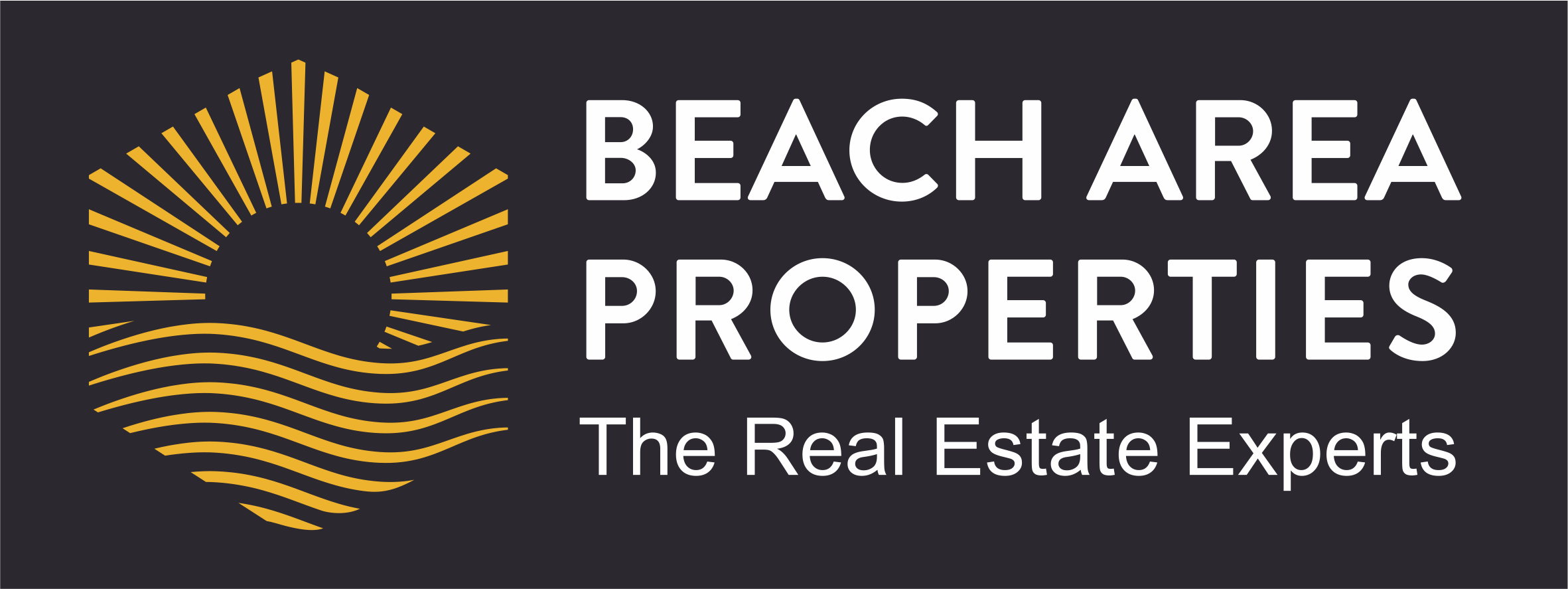Architect and Construction
By M.G. Appel S.A
Building a home in Costa Rica can be a memorable experience enhanced by the selection of a quality Architect and professional construction management consultants. The work of the Costa Rican architects begins with a client meeting followed by specific studies designed to define the parameters within which construction may be completed.
Preliminary studies of your property development must be performed to identify available resources, demands and needs to be satisfied, and definition and coordination of basic studies needed. Preliminary studies include analysis and gathering of available information, conditions established by existing regulations or rules, and consultations with Costa Rican government institutions linked to the real estate development project.
Basic studies are specific studies needed to determine physical, environmental, sociocultural and economic conditions and characteristics of an area or place, without which the planning and developing of a project cannot be done. Basic studies include: surveys, architectural studies, soil mechanic studies, material analysis and existing structures determination.
A building project is divided into two phases, 1) Project Design and 2) Construction. The first phase is the elaboration of plans and documents, which include the following services: Preliminary design, and Construction Design and Specifications. Optionally the client may choose to contract for Consultation for Bidding Process.
Preliminary design is the space, technical and functional proposal that define the identity and character of a project. A preliminary design must meet established needs as well as current regulations and rules. The preliminary design will include an estimation of the project’s cost. It should also include all graphic and iconography elements needed to express clearly the conceptual technical and functional aspects of the project.
Construction Design is the group of graphic and written elements that define clearly the character and purpose of a work and permits needed to build the project under the guiding of a responsible professional. According to the type of project, these designs must include several aspects: distribution, structural and installations, supported by respective calculations. Technical specifications must be included in the construction designs, either in the set of plans or as an attached document. Construction designs usually consist of: architectural design, structural design, and electromechanical designs.
Consultant’s fee for the biding process is understood as the service provided by a professional in order to recommend best procedure to select the work contractor as well as the contract conditions. When the contract procedure is performed through a biding process, the service is given in two stages. The first stage is the consultation service on all the biding processes such as preparation of the documents needed to publish the biding, invitation to the contractors, response to doubts and questions and reception of offers. In the second stage the bids received are studied and analyzed and the recommendation to choose one is provided the client.
The second phase of a building project refers to the construction execution control with the following services: inspection, technical direction, and administration.
Inspection is the surveillance performed by a professional while the work is in process, to assure that the work is done according to best working norms, construction designs, technical specifications and other documents belonging to the contract. Even though the professional in charge of the inspection is responsible for it, his role doesn’t release the constructor of his contract responsibility. Inspection service consists of periodical visits of the professional to the works. It doesn’t imply professional’s constant presence or residence. If a client requests a resident professional to perform inspection labors, the service must be submitted to a special contract, and independently to the professional rate hour indicated in the official rate list.
Technical direction of a work is the service of a consultant firm that includes inspection, programming and control of such work. Through this service, the director becomes the professional responsible for the work.
Work administration is a consultant’s professional service, in which the professional is the representative of the client’s interests. Under the administrator’s responsibility and his inspection, the work has to be performed according to construction designs, technical specifications and rules. Besides, the work administrator organizes and programs the work advance in every phase, elaborates budgets and cash flow during the construction process, and manages financial resources through establishment of accounting systems, controls and reports in order to guarantee to the client an adequate use of economic resources.
It is understood that in all this administration process, the professional will not have any special economic advantages, besides the corresponding consultant’s fee. All the savings, discounts and benefits obtained by the administrator, will pertain exclusively to the client.

